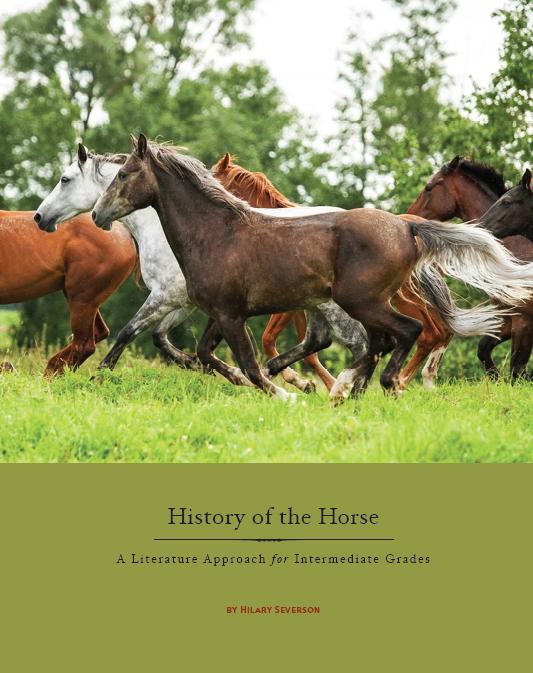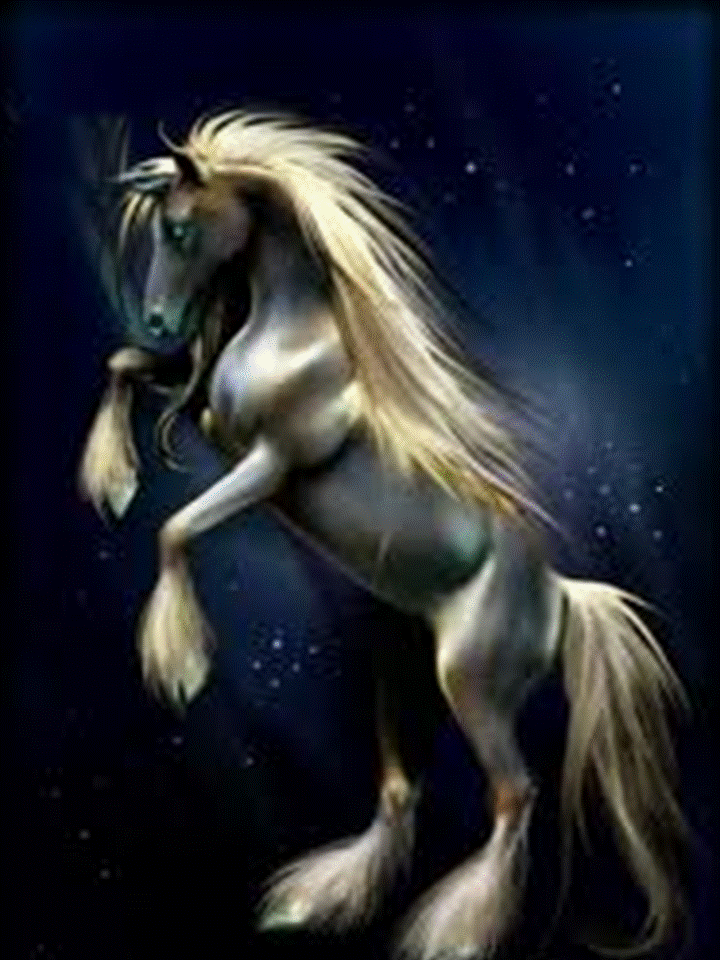Cross-Cultural Horse Stories: Global Inspiration

Horses have been a symbol of strength, freedom, and companionship across many cultures throughout history. Their stories, legends, and roles in society vary widely around the world, offering a fascinating glimpse into how different cultures perceive and celebrate these majestic animals.
Introduction
This article explores the rich tapestry of horse stories from various cultures, highlighting how these narratives inspire and connect people globally. From ancient myths to modern tales, horses have played pivotal roles in shaping cultural identities and artistic expressions.
Table of Contents
| Section | Description |
|---|---|
| 1. Historical Significance | The role of horses in different civilizations |
| 2. Mythological Horses | Legendary horses in folklore and mythology |
| 3. Horses in Literature | Depictions of horses in global literary works |
| 4. Modern Cultural Impact | Contemporary stories and symbolism |
| 5. FAQs | Common questions about cross-cultural horse stories |
1. Historical Significance
Horses have been integral to human development, serving as transportation, war companions, and agricultural helpers. For example:
- Mongolian Horses: Central to the nomadic lifestyle, enabling vast travel across the steppes.
- Arabian Horses: Renowned for endurance and beauty, influencing horse breeding worldwide.
- Native American Horses: Symbolize freedom and spiritual connection.
2. Mythological Horses
Many cultures have mythic horses that embody supernatural qualities:
- Pegasus (Greek Mythology): A winged horse symbolizing inspiration and heroism.
- Sleipnir (Norse Mythology): Odin’s eight-legged horse, representing speed and strength.
- Tulpar (Central Asian Folklore): A winged horse symbolizing power and freedom.
3. Horses in Literature
Horses appear in countless literary works, often symbolizing loyalty, courage, or the human spirit:
- “Black Beauty” by Anna Sewell: A story told from a horse’s perspective, highlighting animal welfare.
- “The Horse and His Boy” by C.S. Lewis: Part of the Narnia series, featuring talking horses.
- Japanese Haiku and Poetry: Horses often symbolize transient beauty and nature.
4. Modern Cultural Impact
Today, horses continue to inspire art, film, and cultural events:
- Equestrian Sports: International competitions that celebrate horse-human partnerships.
- Films like “Spirit: Stallion of the Cimarron”: Portray themes of freedom and resilience.
- Festivals: Such as Spain’s Feria del Caballo, celebrating equine heritage.
5. FAQs
Q1: Why are horses important in so many cultures?
A1: Horses have been essential for transportation, agriculture, and warfare, making them vital to survival and cultural development.
Q2: What are some famous mythological horses?
A2: Pegasus, Sleipnir, and Tulpar are among the most renowned mythological horses.
Q3: How do modern stories keep horse traditions alive?
A3: Through literature, film, sports, and festivals, modern narratives continue to celebrate and preserve horse-related cultural heritage.
Horses are more than just animals; they are cultural icons that bridge history, mythology, and modern life across the globe. Their stories inspire us to appreciate the deep connections between humans and nature.
